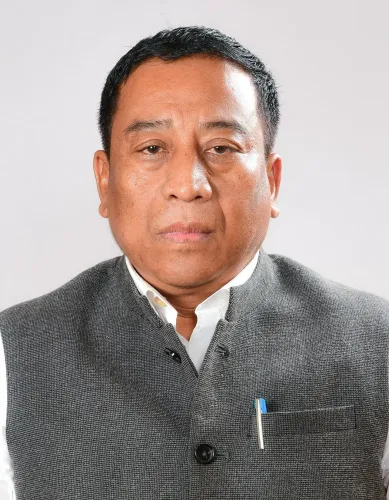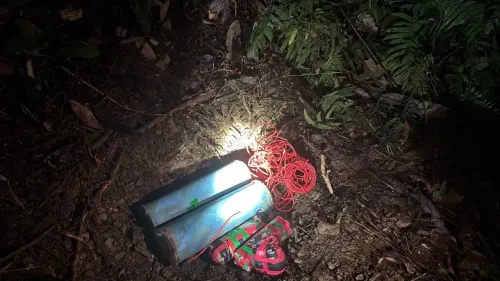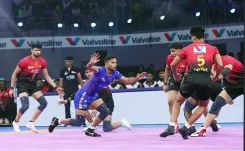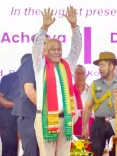Did the SC Allow the Samajwadi Party to Challenge the HC's Office Allotment Cancellation in Pilibhit?
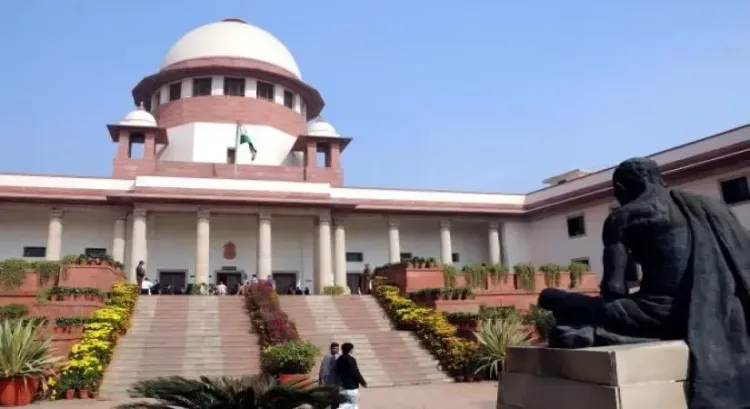
Synopsis
Key Takeaways
- Supreme Court allows Samajwadi Party to challenge office allotment cancellation.
- Justice Mehta states rights of the party must be protected.
- Previous district President acted without party authorization.
- Claims of procedural violations in allotment process.
- Political pressure alleged in interference with party operations.
New Delhi, Jun 16 (NationPress) The Supreme Court has granted permission for the Samajwadi Party to file a petition with the Allahabad High Court regarding the recent cancellation of its office allotment in Pilibhit, Uttar Pradesh.
A panel comprising Justices Sandeep Mehta and Prasanna B. Varale was reviewing a special leave petition (SLP) submitted by the Samajwadi Party, contesting an earlier ruling from the Allahabad High Court. The High Court had dismissed a writ petition that was filed individually by the former district President of Pilibhit and had stated that the party would not be allowed to submit a new plea on the same grounds.
In their ruling, the bench led by Justice Mehta noted that the contested order from the Allahabad High Court should not undermine the rights of the Samajwadi Party.
The SLP presented to the apex court asserted that the former district President acted independently, without authorization from the party, and initiated the proceedings under his own name.
The petition emphasized that the Samajwadi Party aims to challenge what it describes as 'ill-conceived, abrupt, and illegal actions' taken by the Pilibhit Nagar Palika Parishad, but the existing ruling inhibits them from pursuing their claims regarding the cancellation of the office allotment.
According to the SLP, since the party did not previously possess an office in Pilibhit, it was allotted the disputed premises in 2020, with a Letter of Possession subsequently issued. However, an order from the Executive Officer in 2020 indicated that the proper procedures were not adhered to during the allotment process, noting that a public auction was not conducted and the rental agreement was not formally registered.
“The officials of Nagar Palika Parishad, Pilibhit, and the Executive Officer failed to provide the petitioner with a hearing opportunity or to consider relevant facts and laws before issuing the order,” stated the SLP, adding that the party has consistently paid its rent, with payments made up to January 2021.
The SLP further argued that the cancellation proceedings were not governed by the Public Premises Act, rendering the Executive Officer's order outside of jurisdiction, as the allotment was made by the board of the Pilibhit Nagar Palika Parishad.
“Under political pressure, the Executive Officer of the Municipal Council, Pilibhit, along with associates, has unlawfully interfered with the peaceful operations of the petitioner’s office and has repeatedly attempted to close down the Samajwadi Party office in the district,” asserted the SLP.
Senior advocate Siddarth Dave, along with assistants Anuroop Chakravarty and Vishnu Sankar, represented the Samajwadi Party in front of the apex court.


